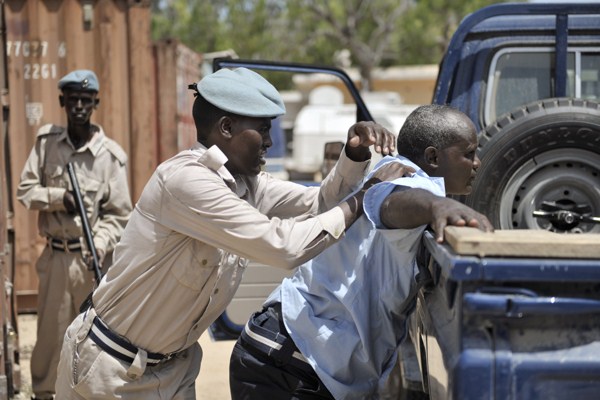On March 30, Joan Kagezi, a senior Ugandan prosecutor, was assassinated in front of her children while on her way home from the grocery store in a Kampala suburb. Kagezi was one of the key prosecutors in the trial of 13 suspected members of the Somali militant group al-Shabab accused of perpetrating the July 2010 bombings in Kampala that killed 76 people watching a World Cup game.
The start of the Kampala trial in the middle of March was a landmark in Uganda’s fight against terrorism. But now the Directorate of Public Prosecutions has lost one of its stars. With her strong personal presence, Kagezi was a powerful and well-respected prosecutor as well as a constant advocate and mentor for others in her field. The brutal attack that took her life represents a loss to Uganda’s justice system and a stark reminder of the ongoing challenge of fighting terrorism with the rule of law in East Africa.
Kagezi’s murder is the clearest evidence of just how vulnerable the region’s criminal justice system remains. East Africa is hardly unique in this respect, and indeed Kagezi is the just the latest victim of violence being used to keep people silent and to generate fear among those trying to fight terrorism in court and through the legal system. Yet international support for that system in East Africa has fallen behind other counterterrorism assistance, which has focused on boosting military capacity and providing specialized training, especially for forces of the African Union Mission in Somalia (AMISOM).

